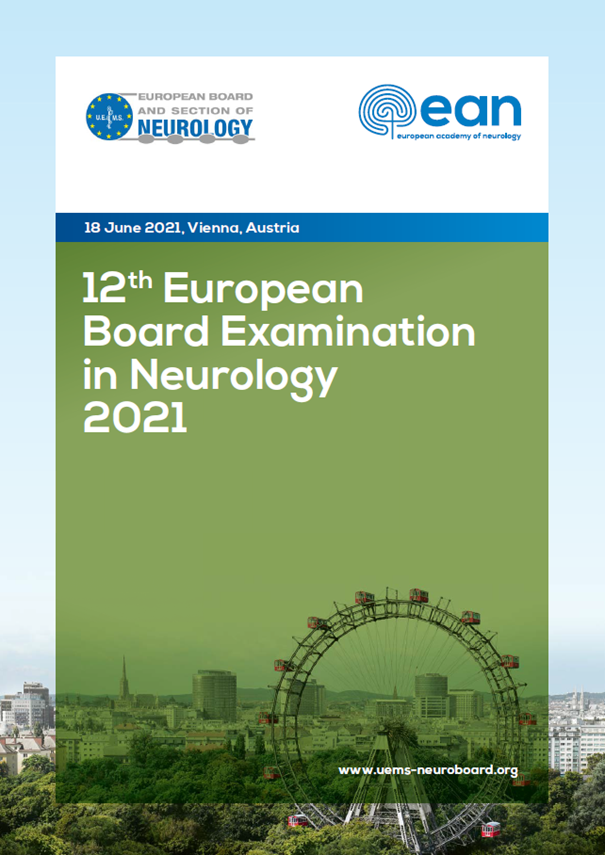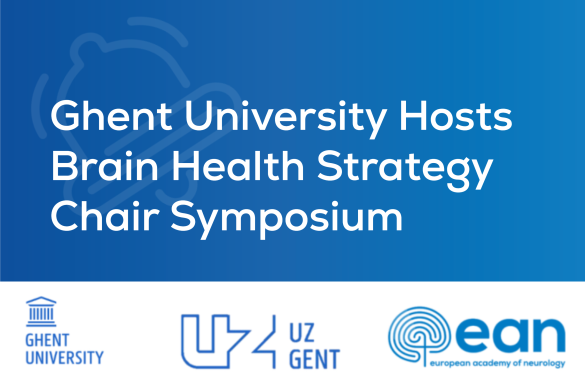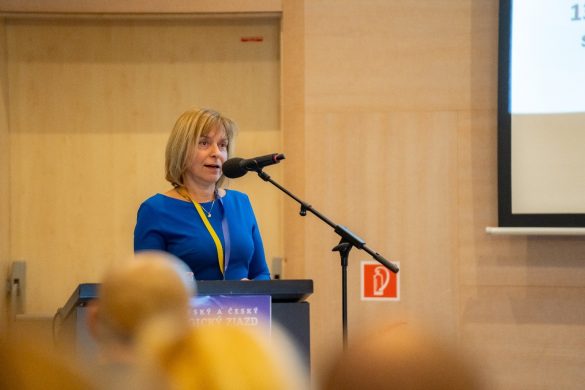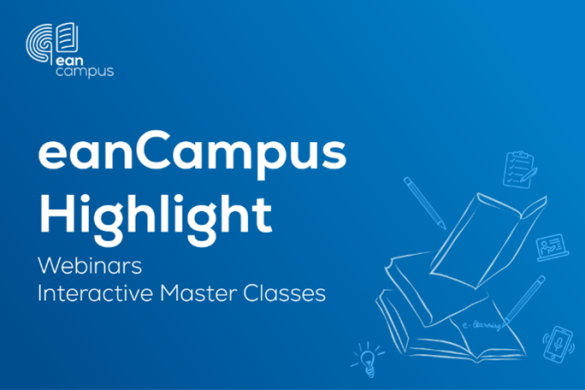by Jan Kuks, EBN Examination Committee Chair, and Gabrielle Lohner, Executive Officer, Vienna Medical Academy
Following the cancellation of last year’s 12th Board Examination due to Covid-19, we held our 13th Examination online for the very first time. While other boards regularly offer online knowledge-based exams followed by a live oral exam at a later date (thus charging a fee twice), the Board of Neurology has so far chosen to hold the entire exam on a single day at the Congress venue. This was done to save costs and to involve the candidates in the EAN Congress. A significant disadvantage was the travel costs for the candidates. We exchanged ideas with colleagues from other boards in a CESMA (Council for European Specialists Medical Assessments) meeting and then took the step. It was decided to hold the oral examination at the end of May in order to get as many examiners as possible (not involved in the EAN Congress until then) and to hold the written examination – as usual, but not for any other special reasons – on the day before the Congress. The EAN office gave us magnificent help with the video examination, which went very smoothly. A team of 30 examiners were recruited and 14 student supervisors (mainly from Austria) helped us through the two-day exam on 28 and 29 May.
The written exam on 18 June also went extremely well with the help of our very professional provider iCognitus from Portugal. This was our first time working with them after we were unfortunately unable to work again with our previous provider from 2018. Questions were taken from our regular database filled by contributions of several EAN subcommittees and taken from educational EAN courses.
The whole enterprise was very tense, but we managed and are very proud to quote a message from one of our candidates: ‘Thank you very much! It was a great honour for me to sit for the EBN exam and I have never been so proud in my 23-year career as a doctor´.
A total of 200 candidates applied for the exam, and in the end 187 appeared. Of those, 173 were successful, so we had an overall pass rate of 87%, which is in line with previous years. The number of candidates was double that of previous years, with 40% more European candidates (some of whom were waiting for their exam, which should have taken place last year) and 100% more non-European candidates (no need to travel).
After a first look at the candidates’ results, there were no obvious signs of online cheating, but the full amount of statistical analysis has yet to be done. A full report on the exam will be submitted to the EAN Ethics & Quality Task Force (EQTF) and published on the European Board of Neurology website after our board meeting in November.
For next year, we will probably decide to conduct the exam online again, regardless of other external factors. For this we again need experienced neurologists with a passion for education and would welcome new applications. We also urgently need new questions, which should not necessarily be in a final version. Finally, we would greatly benefit from more publicity in all European countries to get more candidates (necessary to set a European standard!) and we hope to come back one day with the news that more countries have adopted the Board Exam of Neurology as their national exit exam.
We are happy to answer further questions or receive further suggestions.
On behalf of the other members of the examination committee from the Joint EAN-EBN educational board:
- Prof Manuel Alegre (Spain)
- Prof Gilles Edan (France)
- Prof Sten Fredrikson (Sweden)
- Prof Pablo Irimia (Spain)
- Prof Benedikt Schoser (Germany)














